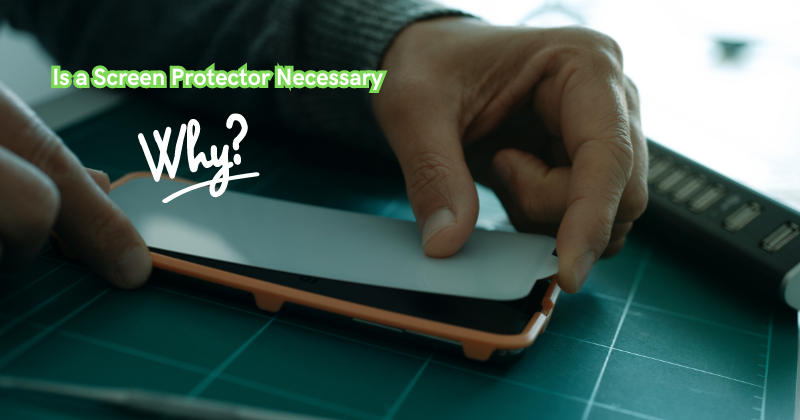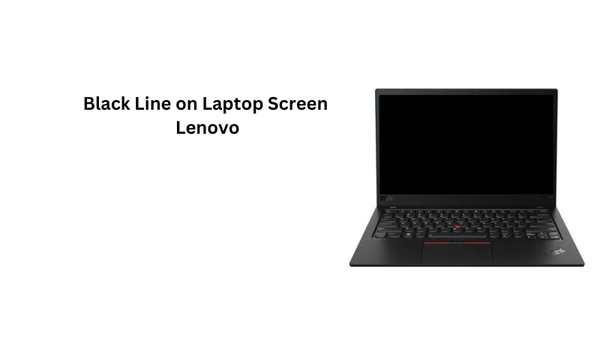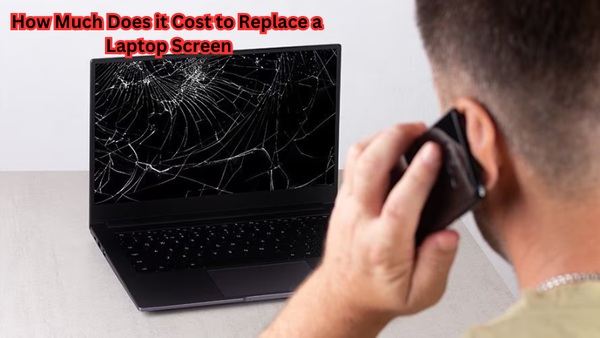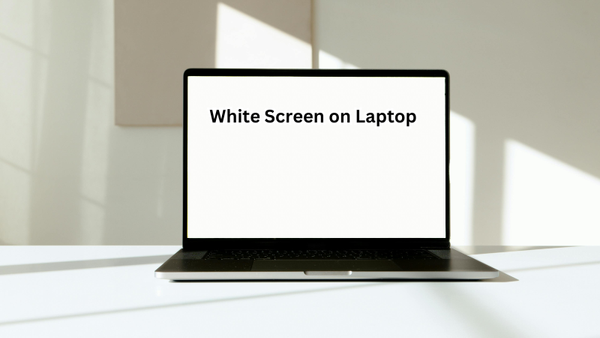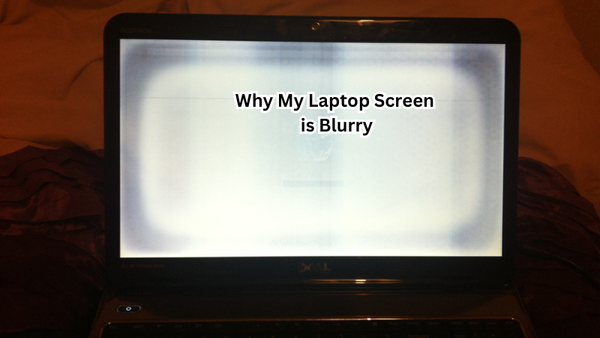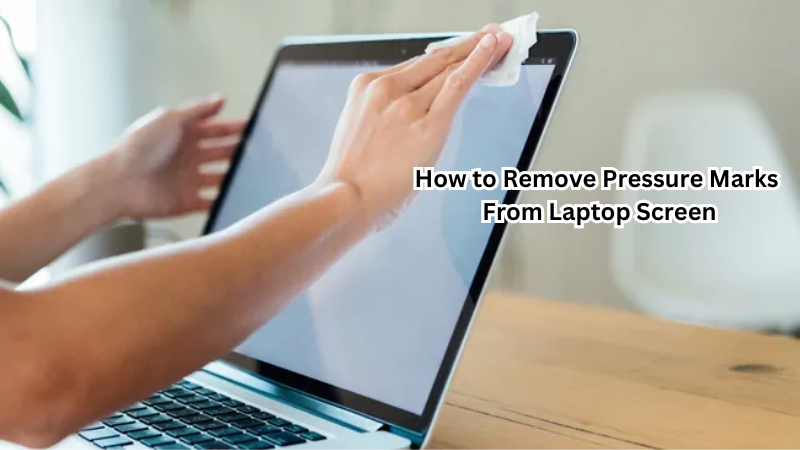Screen protectors have become a common accessory for smartphones and other electronic devices, raising the question: Is a screen protector necessary?
As our devices become more integral to daily life, protecting their screens from scratches, smudges, and cracks is a growing concern. While modern screens are designed to be durable, they are not impervious to damage. A screen protector acts as a barrier, shielding the screen from potential harm and prolonging its lifespan.
This introduction explores the relevance of screen protectors in maintaining the pristine condition of our devices and the factors to consider when deciding whether to invest in this additional layer of protection.
The Importance of Protecting Your Device's Screen
A damaged screen can significantly diminish the functionality and value of your device. It can hinder touch sensitivity, cause visual distortion, and even render parts of the screen unusable. Furthermore, a cracked or shattered screen can be hazardous and may result in injury.
Replacing a broken screen is often an expensive and time-consuming, making it crucial to take preventative measures. A screen protector can protect your device's screen from scratches caused by everyday use, such as keys or coins in your pocket or bag. It can also prevent smudges and fingerprints, keeping the screen looking clear and clean.
Moreover, some devices have curved screens more prone to damage than flat screens. In these cases, a screen protector can provide extra protection against accidental drops or impacts.
Types of Screen Protectors
Various types of screen protectors are available, each with its benefits and drawbacks. The most common types include tempered glass, plastic film, and liquid screen protectors.
Tempered glass is a popular choice as it offers excellent clarity and protects against scratches, impacts, and drops. However, depending on the glass quality, it can be expensive and may not provide full coverage for curved screens.
Plastic film screen protectors are more affordable and offer decent scratch resistance. However, they may not provide the same protection against impacts as tempered glass. Additionally, they may be prone to air bubbles or peeling over time.
Liquid screen protectors are a newer option that involves applying a liquid solution to the screen, which hardens and forms a protective coating. While they may offer some protection against scratches, they are not as durable as tempered glass or plastic film protectors.
Factors to Consider When Deciding on a Screen Protector
When considering whether to invest in a screen protector, there are a few factors to keep in mind:
- Material: Screen protectors come in various materials, such as tempered glass, plastic, and film. Each has its own set of benefits and drawbacks, so it's essential to research and choose the best material for your device.
- Durability: A high-quality screen protector should be able to withstand daily wear and tear without easily scratching or peeling off.
- Compatibility: Some devices have curved screens, notches, or sensors that may interfere with certain types of screen protectors. Ensure that your screen protector is compatible with your device and does not affect its functionality.
- Brand: Purchasing a screen protector from a reputable brand is essential to ensure quality and reliability. Low-quality protectors may not provide adequate protection or may even damage the screen they are supposed to protect.
- Cost: Screen protectors come in a wide range of prices, so balancing cost with quality is crucial. It may be tempting to opt for a cheap option, but investing in a higher-quality screen protector can save you money in the long run by prolonging the life of your device's screen.
These factors can help you make an informed decision when choosing whether to invest in a screen protector for your device. Ultimately, screen protector depends on your individual needs and preferences, but considering the importance of protecting your device's screen, it may be worth the investment.
Is a Screen Protector Necessary?
While it's not a necessity, a screen protector can provide peace of mind and potentially save you from costly repairs or replacements. With the ever-increasing cost of smartphones and other devices, it may be wise to take preventative measures to protect their screens.
Here are some reasons why you may want to consider investing in a screen protector:
Added Protection:
A screen protector can provide additional protection against scratches, smudges, and impacts. This is especially useful for those who work in industries where their device may be exposed to potential hazards.
Tempered glass screen protector options can also provide shatter resistance, reducing the risk of injury from broken glass.
Resale Value:
If you plan on upgrading or selling your device in the future, having a well-maintained screen can increase its resale value. A screen protector can help preserve the pristine condition of your device's screen, making it more attractive to potential buyers.
Scratch Protection:
While some devices come with scratch-resistant screens, they may not be completely immune to damage. A screen protector can offer added scratch protection and keep your device's screen looking new for longer.
It Reduces Eye Strain:
The glare from a screen can cause eye strain and fatigue, especially when using devices for extended periods. Some screen protectors come with an anti-glare coating that reduces the glare and makes it easier on the eyes.
Blue light-blocking screen protectors are also available, which can reduce the amount of blue light emitted from the device. This type of protector may be beneficial for those who use their devices before bedtime, as blue light can disrupt sleep patterns.
Dirt Accumulation Prevention:
Screen protectors can also prevent dirt, dust, and other debris from accumulating on your device's screen. This not only keeps the screen cleaner but can also prevent damage caused by foreign particles getting trapped between the protector and the screen.
Privacy:
Some screen protectors come with privacy filters, making it difficult for others to see your screen from different angles. This is helpful in situations where you may be working on sensitive information in public or simply want some privacy while using your device.
They're Cheap:
Compared to the cost of repairing or replacing a damaged screen, screen protectors are relatively inexpensive. Investing in one can save you money and hassle in the long run.
It Keeps Your Phone in Pristine Condition:
Lastly, using a screen protector can help maintain your device's overall appearance and condition. A scratched or damaged screen can significantly decrease your device's aesthetic appeal and functionality, so protecting it with a screen protector is a small investment for long-term benefits.
These are just some of the reasons why a screen protector may be necessary. Ultimately, it's a personal choice, but considering the potential benefits and relatively low cost, it may be worth investing in one for your device.
Tips for Applying a Screen Protector
Once you've decided to invest in a screen protector, here are some tips to ensure a successful application:
- Clean the screen thoroughly before applying the protector. Any dust or debris left on the screen can cause air bubbles or affect the adhesion of the protector.
- Follow the instructions provided by the manufacturer carefully. Different protectors may have different application techniques, so reading and understanding the instructions is essential before proceeding.
- Line up the protector carefully, ensuring that it aligns with all necessary openings and sensors on your device.
- Use a flat edge, such as a credit card or spatula, to smooth out any air bubbles or creases in the protector.
- Allow ample time for the protector to adhere properly before using your device. This could take a few hours, depending on the type of protector.
- If you're unsure about applying the protector, consider doing it professionally to ensure proper placement and adhesion.
By following these tips, you can confidently apply your screen protector and enjoy its added protection and benefits.
Pros and Cons of Screen Protectors
Like any product, screen protectors have their own set of pros and cons. Here are some to consider before making a decision:
Pros:
- Added protection against scratches, impacts, and other hazards
- Can increase the resale value of your device
- Reduces eye strain and fatigue
- Prevents dirt and debris buildup on the screen
- Can provide privacy and blue light-blocking features
- Inexpensive compared to repairing or replacing a damaged screen
- Helps keep your device in pristine condition
Cons:
- Difficult to apply without air bubbles or creases
- May affect touch sensitivity on some devices
- Needs to be replaced periodically as it can become scratched or damaged over time
- Some may find it unnecessary and an extra expense
FAQs
Do I really need a screen protector if my phone's screen is made of Corning Gorilla Glass?
Even though Corning's Gorilla Glass is designed to be durable and resistant to minor scratches, it's not invulnerable. According to discussions on various platforms like Quora, even the latest Gorilla Glass can start to show scratches at level 6 on the Mohs scale of hardness. Therefore, adding a glass screen protector can provide an extra layer of protection, preserving your phone's screen visibility and potentially avoiding costly screen replacements.
How effective are tempered glass protectors compared to the ceramic shield glass on my phone?
Tempered glass protectors offer robust protection against both impacts and scratches, making them a popular choice for safeguarding your device. While the ceramic shield glass found on some newer models is touted for being more durable than standard Gorilla Glass, sources like Reddit indicate that it still may be susceptible to scuffs and scratches over time. Therefore, investing in a tempered glass protector can be a wise decision to ensure maximum protection for your phone's screen.
Does the necessity of a screen protector depend on the type of phone I have?
Yes, the need for a screen protector largely depends on your phone model and how it's used daily. Phones equipped with advanced screen technologies like ceramic shield or Corning Gorilla Glass offer a higher level of scratch resistance. However, no phone screen is completely immune to damage. Factors such as how often you drop your phone or keep it in a bag with keys and coins can increase the risk of damage, making a screen protector a valuable addition for extra security.
Can using a screen protector save me from expensive screen replacements?
Absolutely. A high-quality tempered glass screen protector acts as a sacrificial layer for your phone's screen. It absorbs the impact and scratches that would otherwise damage the actual screen. While the upfront cost of a good screen protector might seem like an unnecessary expense, it's significantly lower than the cost of replacing a cracked or deeply scratched screen.
Conclusion
After reviewing various perspectives on the necessity of screen protectors, it becomes evident that the decision to use one ultimately depends on individual preferences and circumstances.
While some sources emphasize the benefits of screen protectors in providing scratch and impact protection, others suggest that modern screens may not require such additional layers. The evolving durability of device screens and advancements in scratch-resistant materials challenge the traditional notion of glass screen protectors protectors as essential accessories.
Ultimately, choosing a screen protector boils down to personal priorities, such as preventing scratches, maintaining screen clarity, or ensuring added impact resistance. By weighing the advantages and considering one's usage habits and environment, individuals can make an informed decision on whether a screen protector is necessary for their specific needs.
